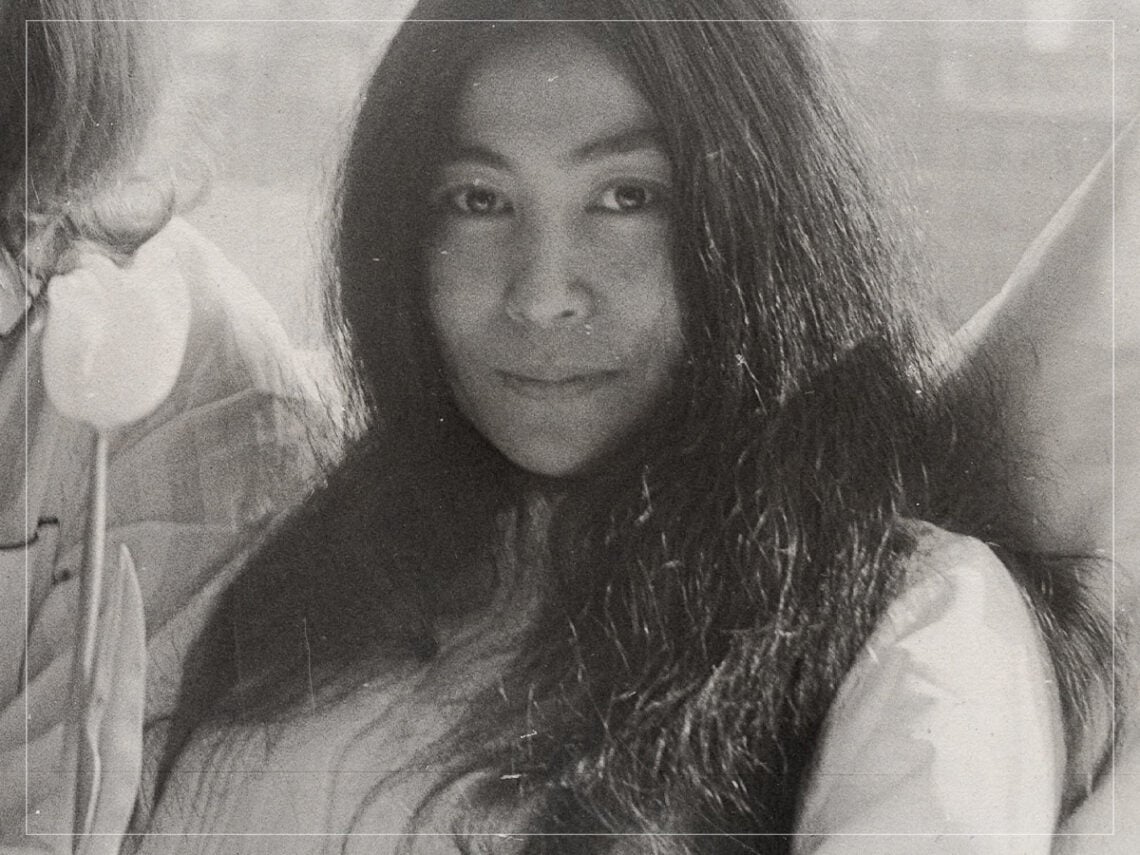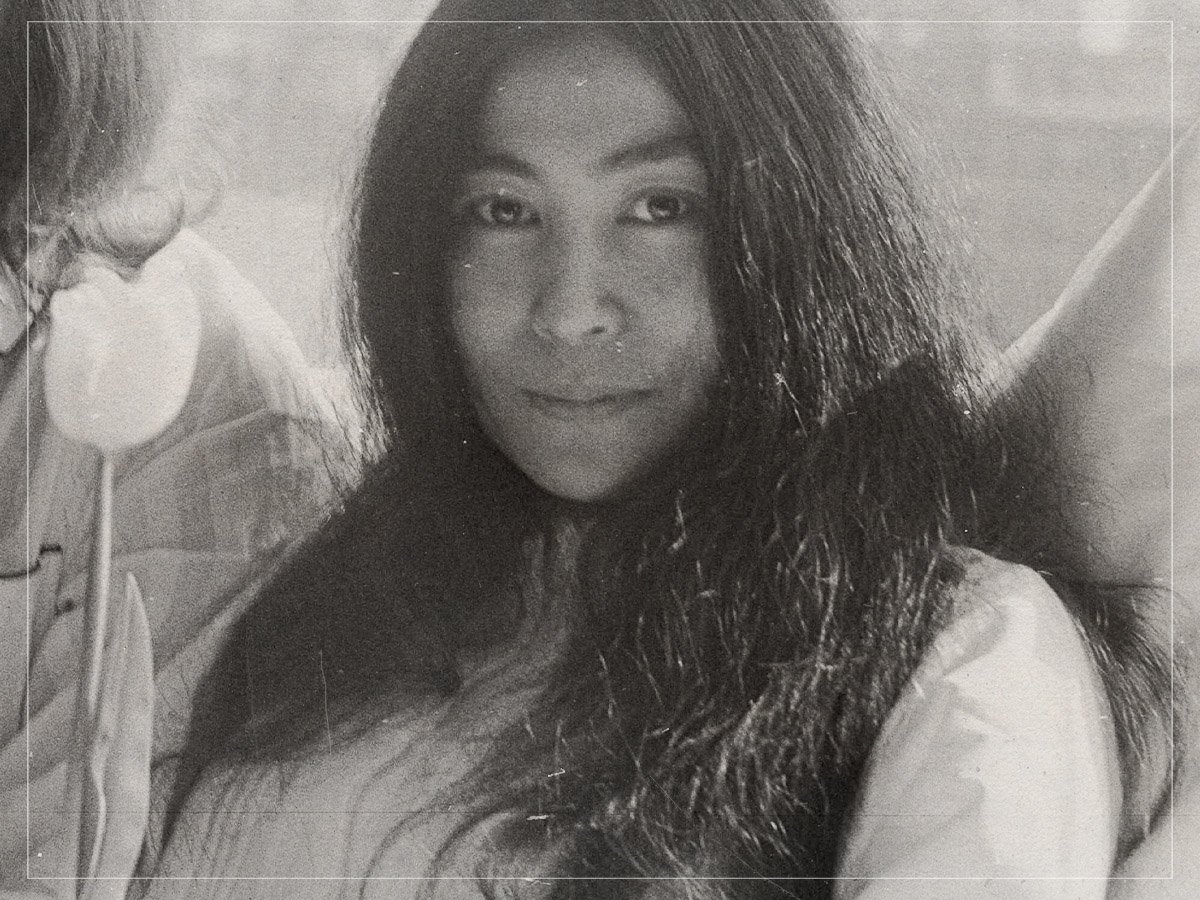
(Credits: Far Out / Eric Koch / Anefo / National Archives)
Mon 20 October 2025 18:30, UK
Ever tried to imagine a world without The Beatles? Danny Boyle tried once, but even he couldn’t capture the magnitude of a world without the Fab Four.
Suppose that’s because the butterfly effect generally starts with something seemingly inconsequential but which eventually has major consequences. And is also probably why, when trying to translate this into film format, Boyle ended up connecting the impact of the Beatles to a bunch of other popular cultural phenomena, like the fact that cigarettes somehow aren’t a thing anymore, and neither is Harry Potter.
There’s a bunch of loose associations there that could back up some of the more bold claims in the film. But rather than unpacking that fictional universe, there’s actually a lot to be said about all of the things that probably wouldn’t exist without the Liverpudlian quartet. Like, for one, the quintessential roots fandom. Granted, something would have eventually come along in their place, but they set the blueprint for everything we recognise in modern-day communities.
There’s also the explosion of musicians who probably wouldn’t have picked up drumsticks were it not for Ringo Starr, or put pen to paper after hearing the eloquent wordplay of Lennon-McCartney, or even approached a music store in search of a guitar after seeing George Harrison play. Their iconic stint on The Ed Sullivan Show wouldn’t have captivated an entire generation, meaning we probably would be absent several defining legends that followed in their footsteps.
Along with the 73 million people who watched from home was a surge of others who went on to become major names, like Billy Joel, Tom Petty and Bruce Springsteen. And then from there, a surge of secondary generation musicians came to the fore, through the punk and indie rock boom, eventually reaching names like The Strokes and Oasis, which, we all know, ended up with bands like Arctic Monkeys and The Killers.
And that’s with looking at the Beatles as a general, collective force – think of all the acts who were directly inspired by specific members, like John Lennon, who unknowingly had a heavy hand in pushing the Gallagher brothers to realise the extent of their craft. Yoko Ono even commented on this once, acknowledging just how much Lennon had an impact on the duo they eventually became.
“I’m very pleased,” she explained, assessing the state of British pop culture and Lennon’s influence on it. “Oasis music is good power – we should embrace all artists and musicians. I’m happy that’s a group that John created really. He did an incredible job, with the help of the three others. It was his vision that carried them through. He was very good at visualising.”
A lot of what Ono was getting at was how accessible art and music have now become, like her own concept art, and how, now, it’s become more of an exploration for the masses than it ever was before. Lennon, too, pushed music to become something others could try themselves, an expression that reflected society at any given time, like Oasis, and the ways their voices carried the spirit of an entire generation. That’s the meaning of true impact, a real testament to Lennon’s own butterfly effect – infiltrating the parts of culture you don’t even notice at first.
Related Topics
The Far Out Beatles Newsletter
All the latest stories about The Beatles from the independent voice of culture.
Straight to your inbox.
